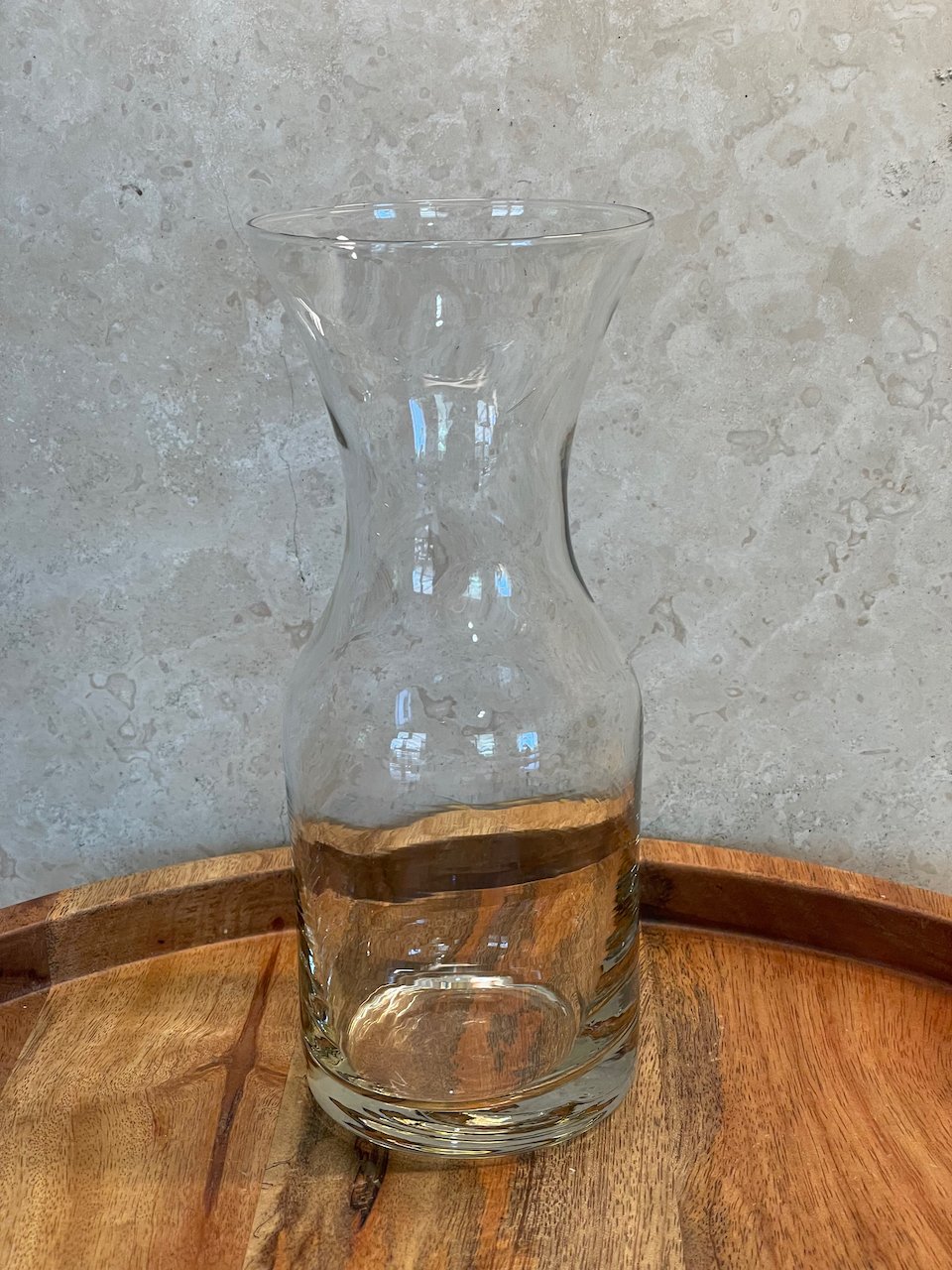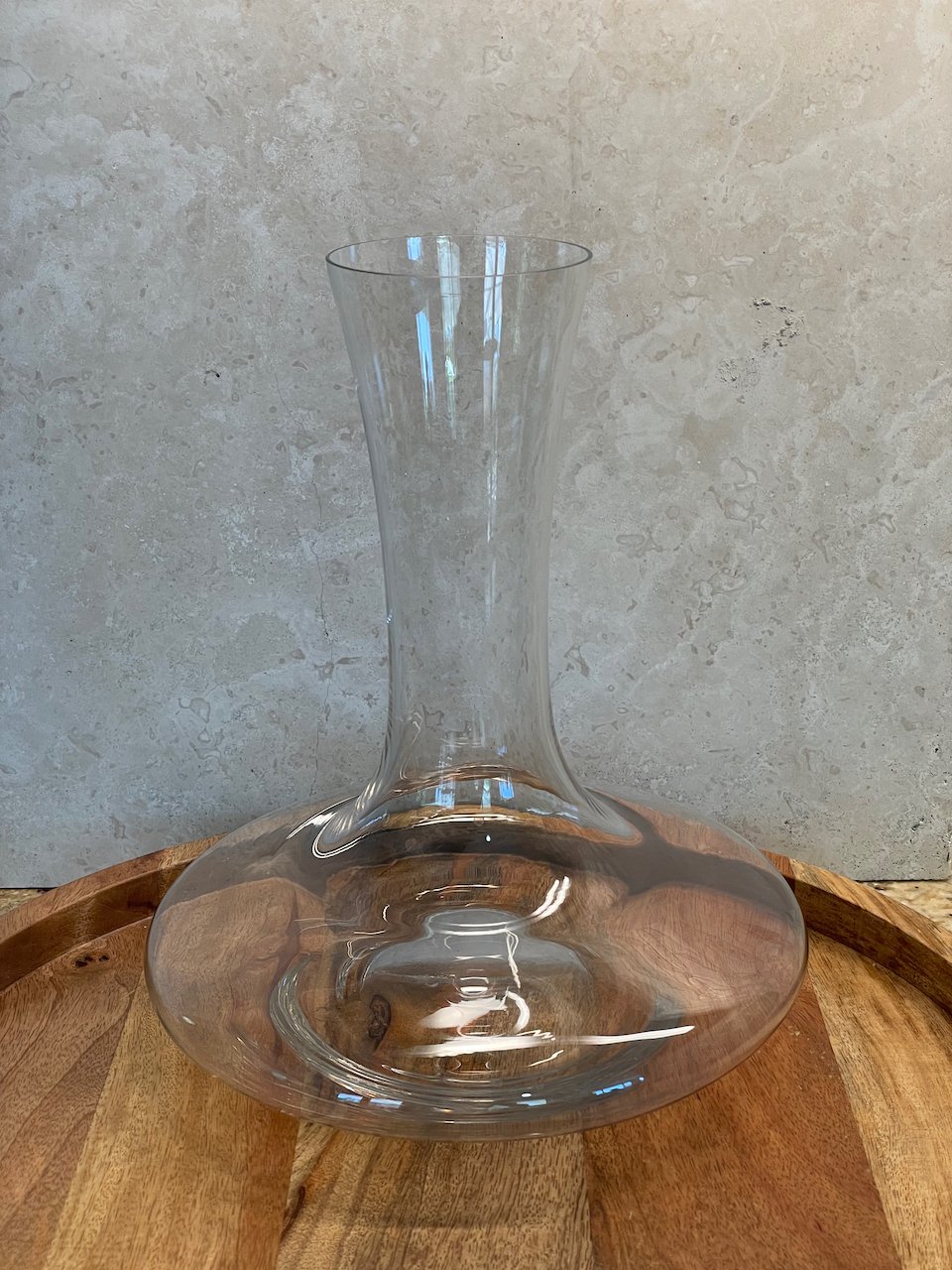As discussed last time, decanting a wine can make a real difference. Decanting allows for some quick evaporation and exposes the wine to oxygen. Both improve the flavor of the wine, usually in just a few minutes or up to a couple of hours.
But I recently opened a bottle of red wine, poured a small taste in a big wine glass, gave it a few swirls and tasted it. I then went ahead and began serving it right out of the bottle. The questing came up "Why aren't you decanting that wine?"
Well, upon my first taste of the wine, I immediately knew the wine didn't need to go into a decanter. It was velvety smooth, had soft fruit flavors and a wonderful finish. There were no strong odors, no sharp flavors and no bitterness right out of the bottle. It was as good or better than many wines are after spending time in a decanter.
Going back a couple of weeks, the topic here was swirling wine in a glass. Some wines can immediately be 'decanted' by just pouring them into a glass and giving it a few swirls. In the case of my recently opened bottle, all it needed was that minute in the glass.
I experienced another example of not decanting during a recent visit to a tasting room. While enjoying tasting some great red wines, the server suggested that I might like to try another of their wines that was not on the standard tasting list. She searched around, found the bottle, opened it and pour a small amount in a couple of glasses, tasting one herself. She then set the two glasses aside and had me continue trying a couple more of their 'standard' wines. In the meantime, she gave the other glasses of 'special' wine a few more big swirls and retried her glass. With a nod of her head, she pronounced that it was ready. Upon serving it to me, she explained that right out of the bottle, it had a bit of sharpness that she claimed went away with just a couple of minutes in the glass.
Another reason for not decanting is when you are dealing with older bottles of wines. Wines that are 15 or more years old probably don't need decanting. These wines, if they were properly stored, will have already mellowed during the time spent in the bottle. Exposure to too much air can actually make an older, delicate wine go 'flat' or 'flabby,' loosing its delicate flavors.
So, would my recent bottle of wine gotten better had I decanted it for thirty minutes to an hour? Hmm? I guess I'll never know. But, I do know that it was amazing right from the bottle. The bottom line is that you shouldn't just automatically send all wines to the decanter. Pour yourself a quick taste from the bottle and then decide if it's already great, or if it could use a bit of time mellowing in a decanter. Cheers!



